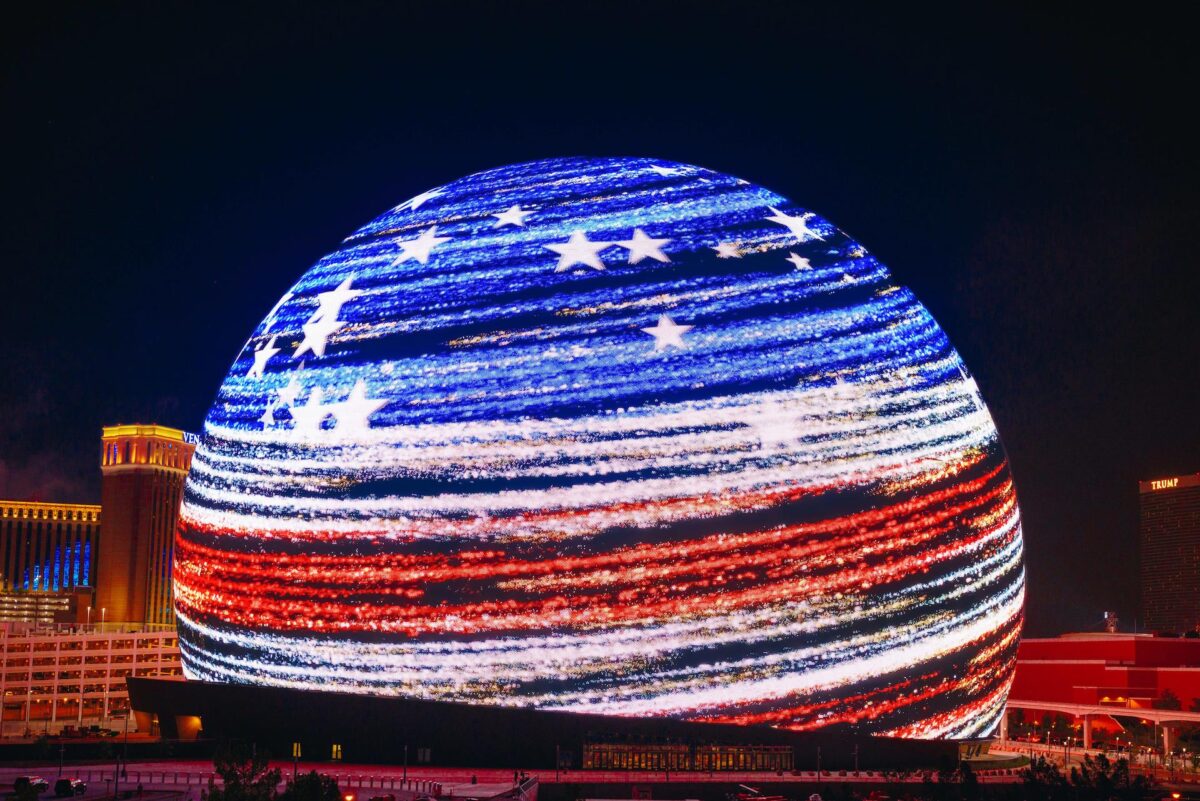One of the most visible trends in event consumption is Discovery. Despite it may look as a tool for attendees, event discovery poses terrific opportunities for event marketers.
Let me start this post with a question:
I believe that the answer to this question will change the way we market events. While in, say, 2004 we headed to Google and entered our keywords, the scenario is quite different nowadays.
In fact event search turned into discovery. Discovery means a much richer experience. A smart quest made of serendipity, geolocation and relationships.
The urge to socialize and attend an event needs to be satisfied quickly and with relevancy. This is what event discovery is offering to those looking for the next event to attend.
A main difference between event search and event discovery is the role of the prospective attendees. While on search, she is bothered with adding keywords, filtering and adjusting results, whereas event discovery offers results to the user without any action. In fact potentially relevant events are worked out by the platform on the basis of elaborate algorithms.
The flip side of the coin is that event professionals and especially event marketers are now faced with the opportunity to optimize their event for discovery. As we follow SEO predicaments to better rank in Google, we are faced with new requirements to make sure we are discovered in what I like to call Event Discovery Optimization (EDO).
How Does Event Discovery Work?
Event Discovery is the fruit of cool geeks playing with data. In fact the human element is minimized to extremes.
Each platform features its algorithm to make the possible suggestion. Some common elements of discovery engines are:
– Organizers or attendees can submit an event
– APIs of popular platforms such as Eventbrite or Meetup are fetched to enrich listings
– Facebook is the social network of choice to make personalised recommendations
– There is a growing tendency in curation, some apps feature editorial teams to select the best gigs
– Location plays a crucial role for entertainment and leisure events
– Ticketing is also being incorporated by some apps either with their native system or by integrating with established vendors
– The most recurrent verticals are music events and conferences
Get to Know the Players
There is an incredible number of players in the sector. The most frequently mentioned on this blog are Lanyrd and Plancast, recently acquired and redesigned by Active Network.
These guys were the firs to grasp the power of the social graph applied to events, thus offering very relevant recommendations.
Lanyrd was also the first not to focus on Facebook, by leveraging mostly on Twitter and recently LinkedIn. That being quite a smart move for business events and conferences.
Also worth mentioning long time players such as ConferenceHound, very strong in the conference vertical.
The ‘new wave’ is made mostly by apps. The emphasis on geolocation is enormous and the use of Facebook+Mobile is gigantic when in entertainment verticals.
Therefore apps such as Gemster, Tonight or All Events in are those that attract most attention.
The new wave is also made of pretty cool competitors to the old guard. Among others I particularly liked Stublisher, lokalite, Vitapeeps (targeted at Meetups), but also interesting takes such as WannaDo (another project of Active Network) that introduces a bucket list component.
How to Optimize Your Event for Discovery: Become an EDO Master
Event Discovery Optimization (EDO) will be a quite in demand skill going forward. It should be a task for the event social media person/team.
EDO involves understanding how event discovery works to make sure that your event is more discoverable. In the same way you’d optimize your event website to be found on Google, there is a set of actions that need to be taken to ensure maximum visibility on the growing number of apps.
If you consider the above list of common traits I made, your task is to make sure your event responds to logic of how these apps were created.
Therefore:
– Commit to post your event at least in the above apps.
– Wherever possible use platforms with popular APIs as they will be fetched by these applications
– Encourage RSVP on Facebook. In fact this could be one of the most crucial action you would want from your attendees.
– Perform outreach activities to editorial teams of popular apps
– Localise your event. Add the location of your event on as many platforms as possible.
– Set up a short and sweet hashtag
While it is tough to predict a definite impact of the above practices, reverse engineering would confirm some for positive impact.
A good approach would be to try one platform at the time and analyse results. This is often a good practice to test our audience response.
In Conclusion
Event discovery is a new wave of technology giving the attendees the power to make educated decision on the burning question “what event should I attend?”.
While the benefits may seem to be mostly on the attendee side, there are substantial opportunities to increase our event discoverability.
The wise event professional should familiarise with Event Discovery Optimization (EDO) and understand what actions need to be taken in order to increase the chances of being found.






